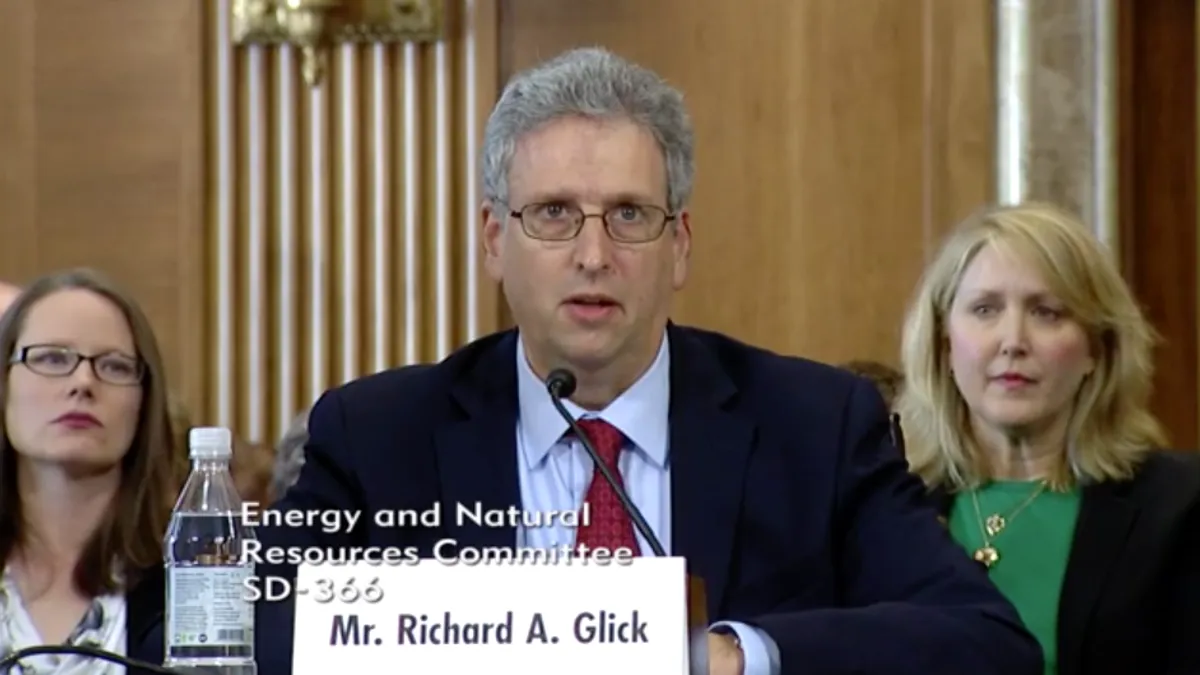Dive Brief:
- The Federal Energy Regulatory Commission (FERC) on Friday approved a California ISO tariff proposal granting it wider authority to contract for out-of-market resources through the use of Reliability Must Run (RMR) designations.
- The decision allows the grid operator to designate and dispatch RMR resources to address "any reliability need," rather than just local reliability needs. RMR agreements are used to keep resources online that are otherwise likely to retire.
- The proposal drew concern from state regulators and utilities, and divided the commission in a 2-1 vote. Commissioner Richard Glick, D, dissented, warning against granting the ISO "unbounded authority" outside of FERC review.
Dive Insight:
The California grid operator filed the tariff changes in April, saying its "rapidly transforming system" meant it needed greater authority to wield RMR agreements to meet flexibility and system capacity needs. But Glick, the lone Democrat on the commission, said FERC's order allowed for too much leeway without oversight.
"I do not believe it is appropriate to grant an [Regional Transmission Organization]/ISO unbounded authority to retain resources through out-of-market contracts," Glick wrote in his dissent.
While out-of-market contracts "can sometimes be necessary," they are generally seen as a last resort, said Glick.
"Today's order, by contrast, gives the [ISO] near-carte blanche discretion to enter into out-of-market contracts without review by the Commission," Glick wrote. "That absence of any meaningful limitations on CAISO's authority is unjust and unreasonable and an abdication of our responsibility under the Federal Power Act."
Ultimately FERC approved the tariff changes 2-1. Chairman Neil Chatterjee and Commissioner Bernard McNamee said the ISO had justified its request to dispatch RMR resources for reasons beyond meeting local reliability needs or managing congestion on non-competitive paths.
Citing the ISO's evolving fleet of resources, the retirement of gas-fired resources and the increasing variability of renewables on the grid, FERC authorized the grid operator to utilize RMR resources to "address its unique operational needs that have evolved" since the commission originally accepted its pro forma RMR contract in 2011.
FERC approved that contract at the time to allow the grid operator to procure capacity from a non-resource adequacy resource that would otherwise retire. The California grid operator's new authority went into effect Sept. 28, 2019.
The ISO told Utility Dive its proposal was designed to "enhance" its RMR framework "and further differentiate its backstop procurement authority." There are no specific plans to wield the new RMR capabilities at this point, according to ISO.















